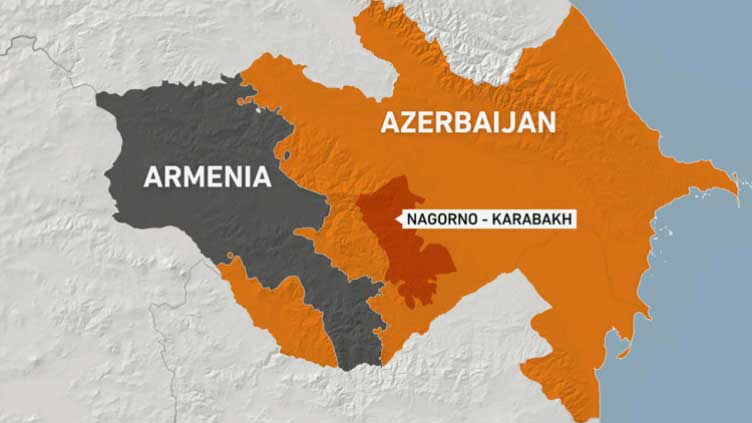World Court orders Azerbaijan and Armenia to prevent racial hatred

World Court orders Azerbaijan and Armenia to prevent racial hatred
THE HAGUE (Reuters) - World Court judges on Tuesday issued urgent decisions ordering both Azerbaijan and Armenia to prevent racial hatred in similar rulings in tit-for-tat cases brought by the feuding Central Asian neighbours.
Both countries allege in a claim and counterclaim that the other has breached a convention against racial discrimination and asked the court for emergency measures while the case makes its way through the court.
On Tuesday judges ordered both countries to prevent the incitement of racial hatred against each others nationals. In addition both countries were ordered not to do anything that could aggravate the dispute while the court was considering the case.
In October last year, Azeri troops drove ethnic Armenian forces out of territory they had controlled since the 1990s in and around the Nagorno-Karabakh region, before Russia brokered a ceasefire.
The court said on Tuesday that both Azerbaijan and Armenia under the U.N. anti-discrimination treaty must "take all necessary measures to prevent the incitement and promotion of racial hatred".
In addition presiding judge Joan Donoghue said Azerbaijan must protect from violence and harm "all persons captured in relation to the 2020 conflict who remain in detention" and must "prevent and punish acts of vandalism and desecration affecting Armenian cultural heritage".
The emergency measures are part of tit-for-tat cases filed at the World Court in September where both Armenia and Azerbaijan claimed the other country has violated the International Convention on the Elimination of All Forms of Racial Discrimination (CERD), to which both states are signatories.
The ruling on emergency measures do not go into the merits of the cases, a process that can take years.
The World Court, formally known as the International Court of Justice, is the United Nations court for resolving disputes between countries. It has yet to determine whether it has jurisdiction in this case.

